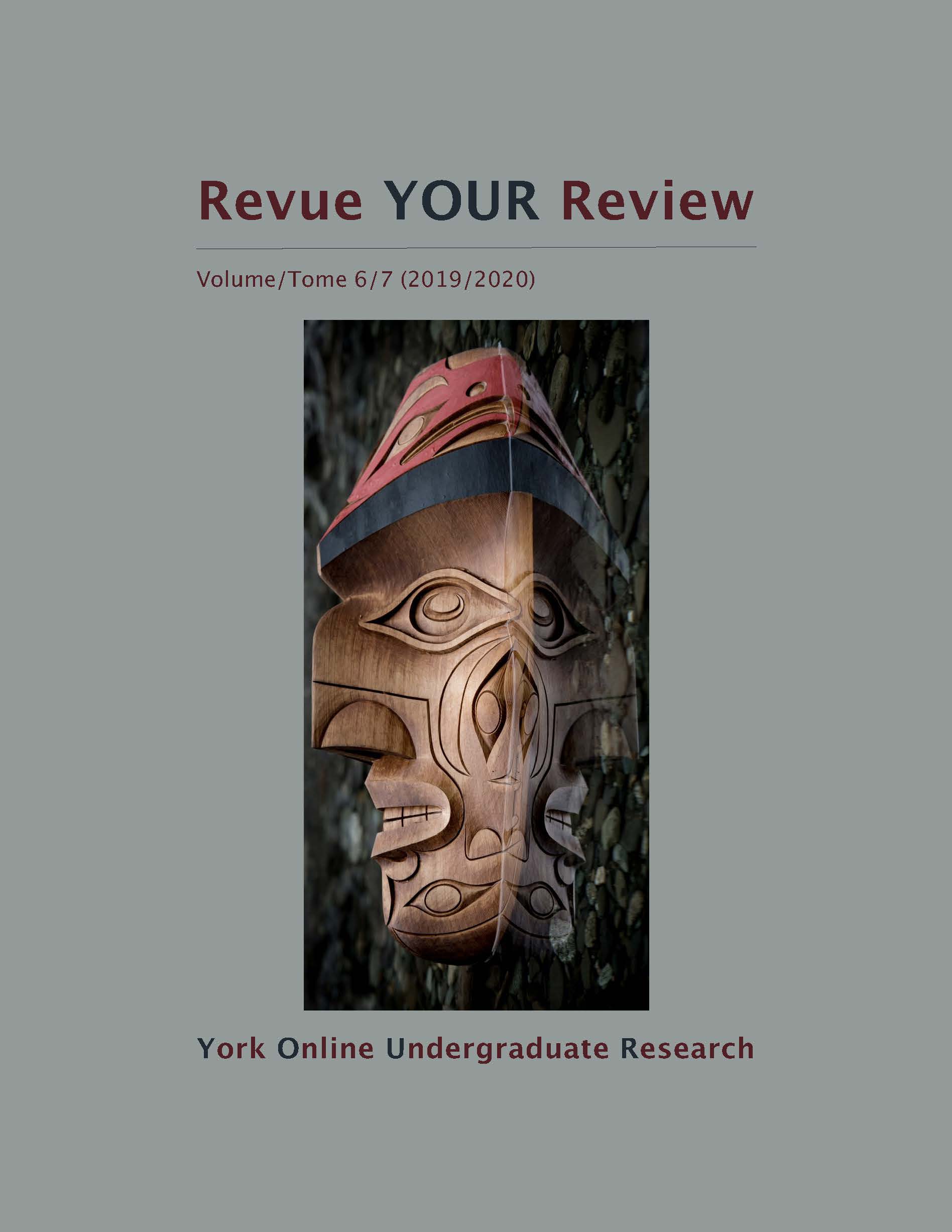Elite Skill and Concussion
Résumé
It is commonly known that elite athletes in the sport of ice hockey have superior eye-hand coordination and visuomotor skill allowing them to perform at the highest level in their sport when compared to the non-elite population. Previous research has identified a protective motor skill reserve in asymptomatic elite athletes with a history of concussion. This study sought to explore the possibility of lingering visuomotor effects in elite asymptomatic athletes with concussion history. This study sampled male NHL draft prospects and male Kinesiology & Health Science students at York University (Toronto) to examine their visuomotor skills when learning to perform a novel motor learning task. Haptic robotic equipment was used to create a virtual environment allowing participants to navigate the movement tracer around obstacles in the x, y, and z planes of motion. This study supports the findings that the suspected impairments in visuomotor skills are not apparent between elite athletes with and without concussion history when analyzing key performances measures outlined to participants as goals for the task: fastest time to complete the task, and the number of obstacles hit. When analyzing the progression in performance between the three groups studied, it was found that the elite and non-elite groups having no concussion history demonstrated similar improvement outcomes over the course of the ten trials when visuomotor skill was self-controlled by each participants’ motor skills. The elite group with concussion history displayed variable and inconsistent performance through the progression of their consecutive trials at the novel motor learning task.
Téléchargements
Publié-e
Comment citer
Numéro
Rubrique
Licence
LicenceLes auteurs qui contribuent à la Revue YOUR Review acceptent de publier leurs articles selon une des trois catégories de la licence 4.0 : Creative Commons Attribution 4.0 International; Creative Commons Attribution-Pas d'Utilisation Commerciale 4.0 International; ou Creative Commons Attribution-Pas de Modification 4.0 International. Tout contenu éditorial de ce site ainsi que les affiches et les résumés sont sous la licence Creative Commons Attribution-Pas de Modification 4.0 International. Pour plus d’informations, veuillez voir :
https://creativecommons.org/licenses/
Dans tous les cas, les auteurs conservent leurs droits d’auteurs et concèdent à la Revue YOUR Review le droit de première publication. Les auteurs peuvent, par la suite, conclure d’autres accords de distribution non exclusifs de la version publiée dans ce périodique (par exemple, l’afficher à un dépôt institutionnel ou le publier dans un livre ou dans un autre périodique) à condition que la reconnaissance fasse mention de la publication originale dans la Revue YOUR Review.


